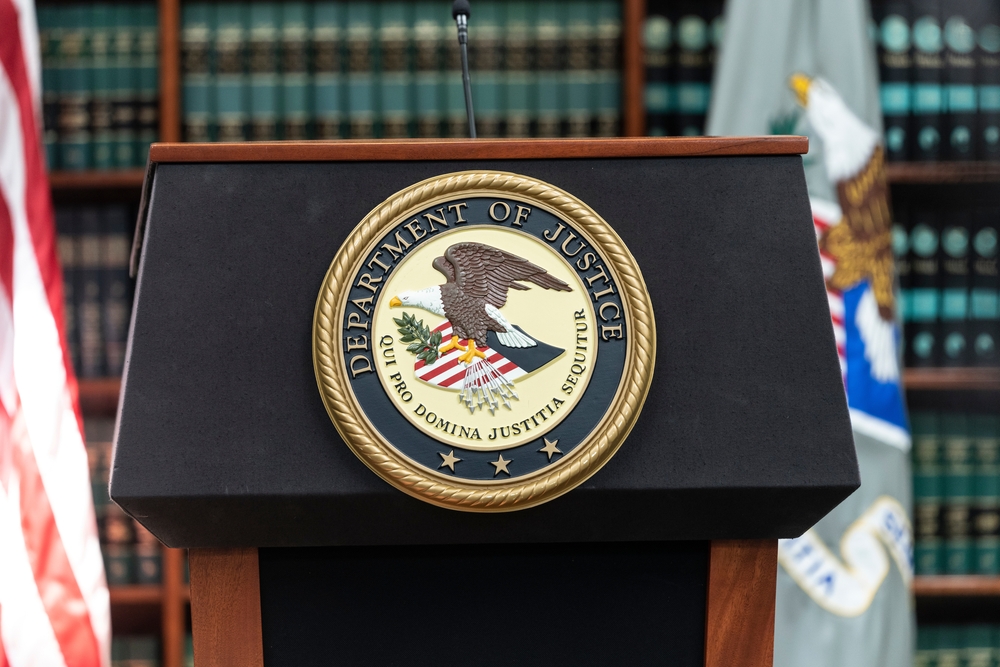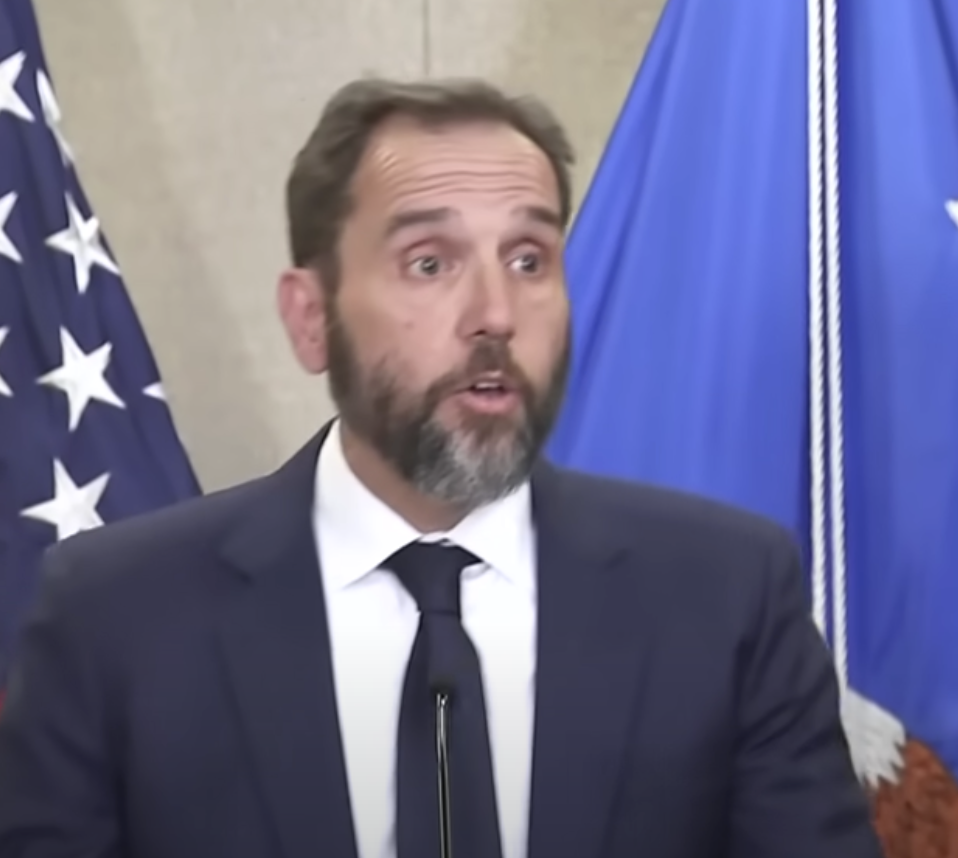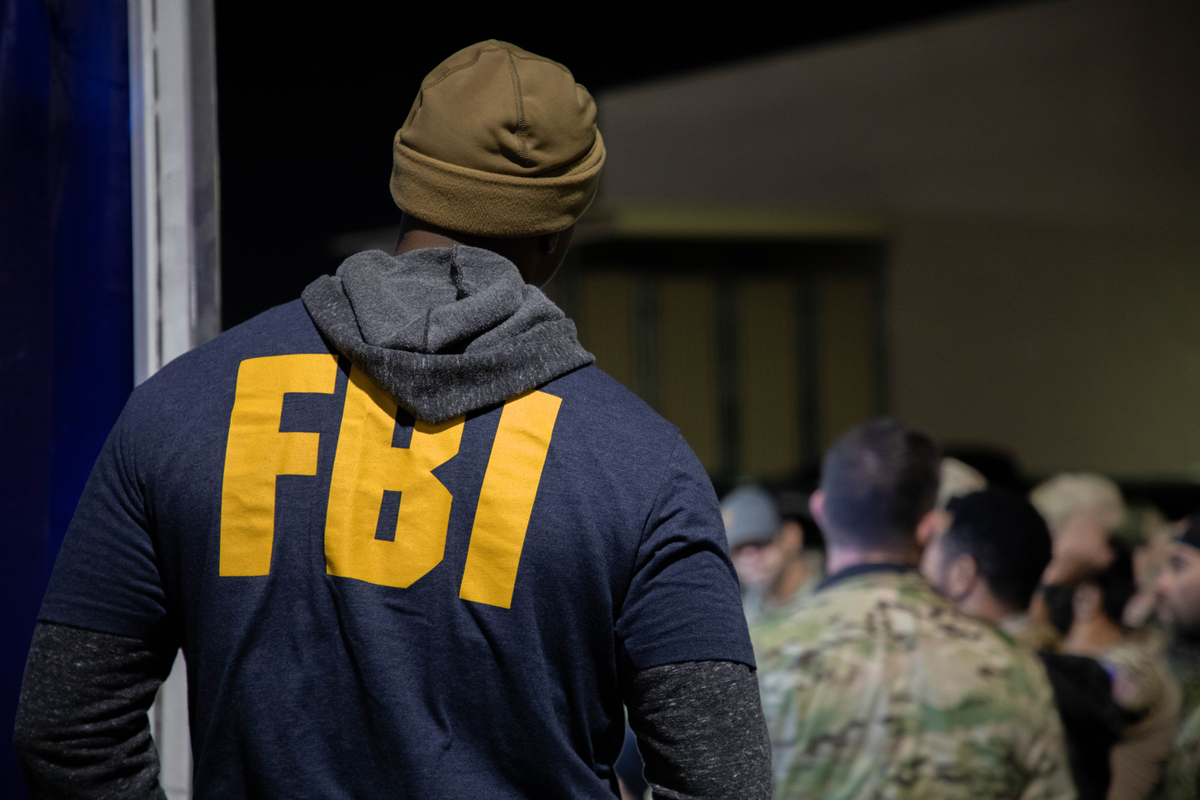By Steve Neavling
The Justice Department’s civil rights division has long been a cornerstone of accountability in the United States, investigating cases of police misconduct, employment and housing discrimination, and abuses in jails and prisons.
But with Donald Trump planning to appoint Harmeet Dhillon, a conservative loyalist, as the new head of the division, hundreds of ongoing investigations now hang in the balance, the Guardian reports.
The civil rights division’s work has spanned decades of systemic injustices — from prosecuting lynchings and hate crimes to enforcing laws like the Civil Rights Act and the Americans with Disabilities Act. Under the Biden administration, the division charged over 120 individuals in hate-crime cases and launched 11 investigations into law enforcement agencies accused of misconduct, with some leading to significant reforms. These efforts are now in jeopardy.
Among the investigations potentially at risk are high-profile cases like the police killing of Tyre Nichols in Memphis and systematic abuses by the Rankin County sheriff’s department in Mississippi, where deputies brutalized Black residents. The division is also probing misconduct in agencies such as the New York Police Department’s special victims division and the Louisiana State Police. These cases address violations that local authorities have often failed to tackle, making the federal role indispensable.
The division’s work extends beyond policing. It has enforced disability rights in state hospitals, challenged visa discrimination at major corporations like Apple and Meta, and held SpaceX accountable for alleged discriminatory hiring practices. Such wide-ranging efforts underscore the critical role the division plays in protecting vulnerable populations from abuses that often go unchecked at the local and state levels.
Kristen Clarke, the division’s current chief and the first Black woman to lead it, has emphasized the division’s role in addressing systemic inequities. However, conservative lawmakers have criticized her tenure, arguing that the division has been biased in its enforcement of certain laws, such as the Freedom of Access to Clinic Entrances Act. Despite this pushback, the division’s work has persisted, tackling an ever-growing docket of cases that reflect the breadth of civil rights issues in America.
The appointment of Dhillon, whose background centers on opposing diversity initiatives and promoting culture-war issues, signals a stark departure from the division’s traditional mission. Trump has vowed to empower police and roll back federal oversight, raising concerns about the future of ongoing investigations. “We’re going to give [police officers] immunity from prosecution,” Trump said, though he later tempered this stance when pressed on specific cases like the killing of Sonya Massey by an Illinois sheriff’s deputy.
Civil rights advocates fear that a shift in leadership could stall or end investigations critical to justice. “The move puts at risk hundreds of active investigations, from police misconduct to employment and housing discrimination to abuses in jails and prisons,” said Simon Zagata, director of Disability Rights Michigan.






